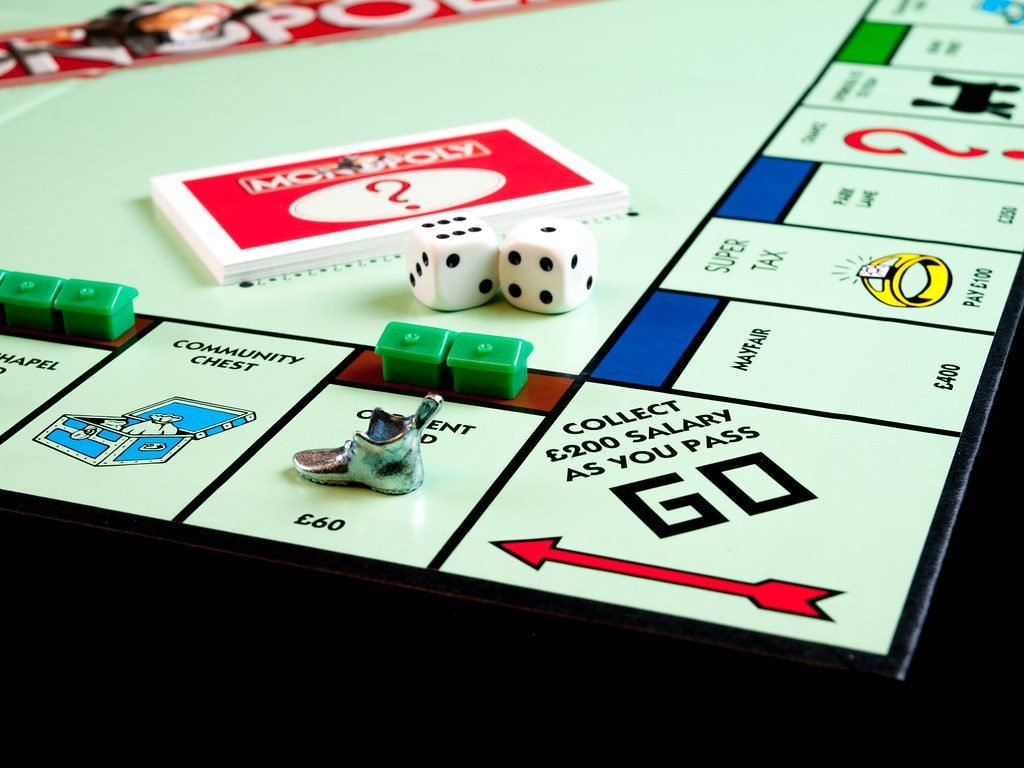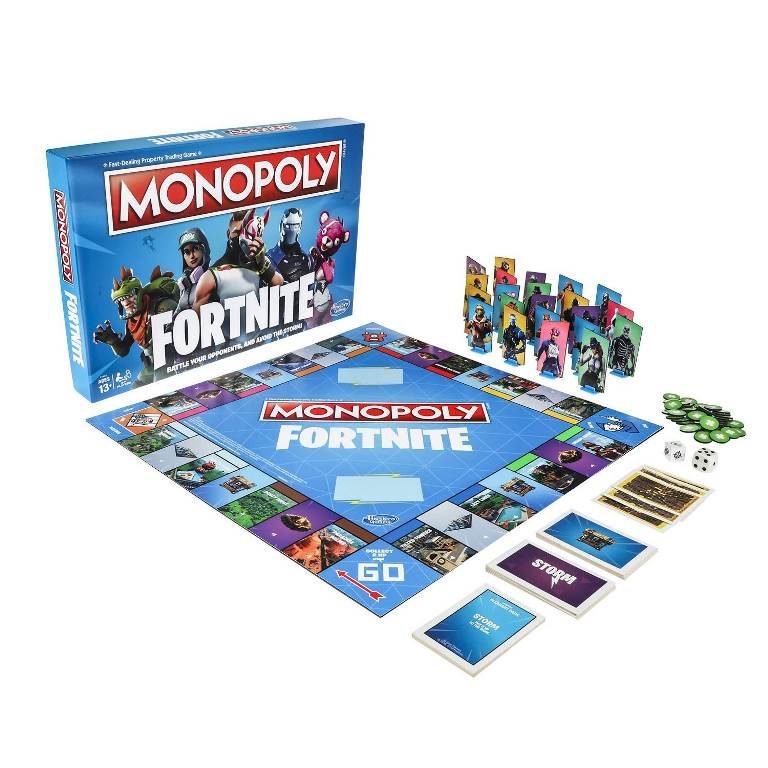
In times of quarantine and social isolation, many have dusted off their old board games. Monopoly offers an advantage over others: a long, entertaining and competitive game.
Monopoly is one of the most popular board games in the world. Its system of rent, buildings, mortgages and auctions reflects the capitalist economy. However, few are aware that it was created to raise awareness about the inequalities that this system creates.
The Monopoly logo is a banker, evoking many an afternoon spent round a table with paper money at hand, property cards and counters that represent houses or hotels. The youngest players learn about the complex world of finance, while adults can put their commercial skills into practice, with no greater risk than losing some paper money.
But what makes this game so attractive? The high competitiveness between players. The winner is the player who manages to bankrupt the rest, strategically buying up properties or energy and logistics infrastructure in an imaginary city, and charging rent. Players face the bank, tax and rent payments, and even jail.
And although each player must make use of their inner capitalist in order to win, the origins of the game had precisely the opposite motive: to raise awareness about the inequality of a system in which wealth is concentrated in a few hands.
Although the game is usually attributed to Charles Darrow, an engineer left unemployed after the Great Depression of the 1930s, its origins date back decades before, specifically to 1902, when Elizabeth Magie Phillips created the first version: The Landlord’s Game.
The aim of the game was to demonstrate the differences between both economic models. Magie patented her invention in 1905, and years later, in 1936, the Parker Brothers toy and games manufacturer bought the patent for 500 dollars.
The game was a big hit, and its rules were modified in the United States by different communities of players, until finally Charles Darrow polished his version to the tastes of all and sold the patent as his own to Parker Brothers, which marketed it with its current name, Monopoly.
Darrow, who had come across Magie’s game in 1924, thus patented a very different version that included the word Monopoly in the center of the board. The game was instantly popular and sold millions of copies. However, when Parker Brothers bought the patent, the sale included royalties, meaning that unlike Magie, Darrow became a millionaire.
Over 100 years since its invention, this board game continues to be enjoyed by families, but today its intentions are opposed to its origins. The debate that the original inventor of the game intended to spark, by teaching the difference between one economic system and another through this form of entertainment, didn’t last, as over time, players preferred to beat their rivals.



